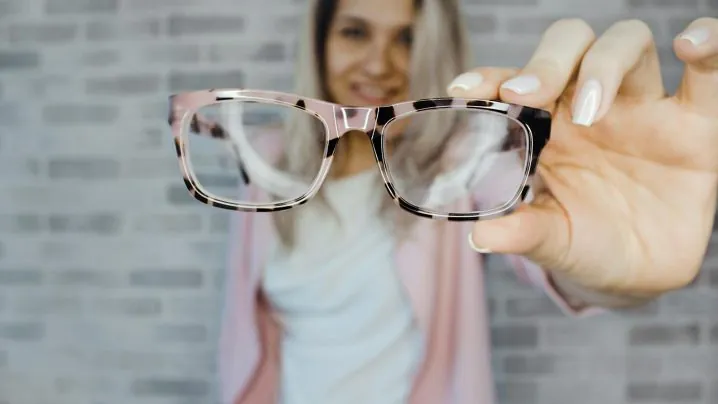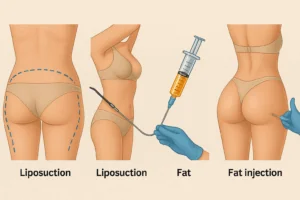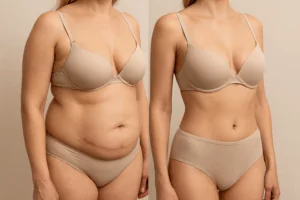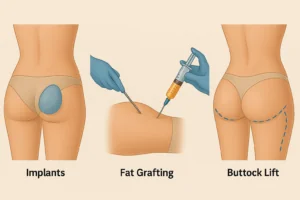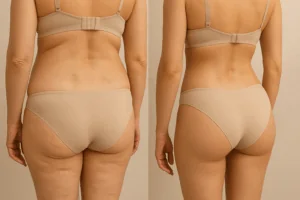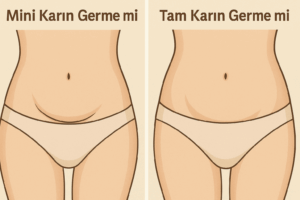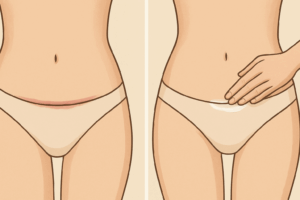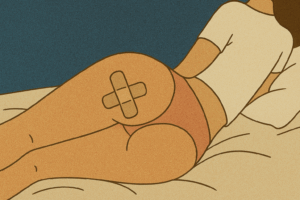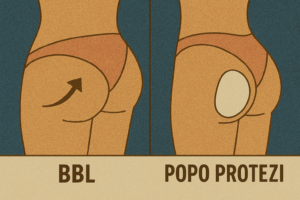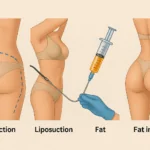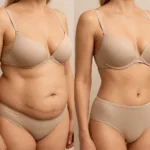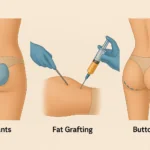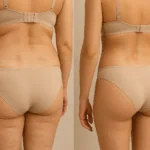Our eyes are one of our most valuable organs that enable us to perceive the world. Maintaining the health of our eyes, which we constantly use in our daily lives, directly affects our quality of life. In this article, we will discuss in detail the 7 golden rules you should follow to protect your eye health.
1. Have Regular Eye Examination
One of the most important steps to protect your eye health is to have regular eye examinations. Many eye diseases may not show any symptoms in the early stages. Regular check-ups can therefore help to detect potential problems at an early stage.
Examination Frequency
- Children The first examination should be done at 6 months of age. After that, eye examinations should be performed at the age of 3 and before starting school.
- Adults (20-39 years): Every 5-10 years
- Adults (40-54 years): Every 2-4 years
- Adults (55-64 years): Every 1-3 years
- 65 years and older: Once a year
However, if you have a family history of eye disease or chronic diseases such as diabetes or hypertension, you may need to be examined as often as your doctor recommends.
What is done during the examination?
- Visual acuity test
- Intraocular pressure measurement
- Ophthalmologic examination
- Evaluation of eye muscles and eye movements
- Further examinations if necessary (OCT, visual field test, etc.)
Regular examinations allow early detection of serious eye diseases such as glaucoma, cataracts and macular degeneration.
2. Protect Your Eyes from Ultraviolet (UV) Rays
The sun's harmful UV rays can cause serious damage to your eyes. Long-term UV exposure increases the risk of cataracts, macular degeneration and skin cancer around the eyes.
Recommendations for UV Protection:
- Wear good quality sunglasses: Choose glasses labeled UV400 or with 99-100% UV protection.
- Wear a wide-brimmed hat: Protects your eyes and face from the sun.
- If you wear contact lenses, choose lenses with UV protection.
- Apply UV protection also in cloudy weather, as UV rays can penetrate clouds.
- Apply sunscreen around the eye area, but be careful not to get it in your eyes.
Remember, children's eyes are more sensitive to UV rays. Therefore, make sure that your children also wear UV protection.
3. Eat a Healthy Diet
Your eating habits directly affect your eye health. Some foods contain important vitamins and minerals that help keep your eyes healthy.
Useful Foods for Eye Health:
- Green leafy vegetables (spinach, kale, broccoli): Rich in lutein and zeaxanthin. These antioxidants reduce the risk of macular degeneration and cataracts.
- Orange-colored fruits and vegetables (carrots, sweet potatoes, melons): Source of vitamin A and beta-carotene. Improves night vision and prevents dry eyes.
- Fatty fish (salmon, tuna, sardines): Rich in omega-3 fatty acids. Helps prevent dry eye syndrome and supports macular health.
- Nuts and seeds: Contain vitamin E and omega-3 fatty acids. Provides protection against age-related eye diseases.
- Citrus fruits and kiwi: Rich in vitamin C. It helps to slow down the formation of cataracts.
- Eggs: Contain lutein, zeaxanthin, vitamin C and vitamin E. Reduces the risk of cataracts and macular degeneration.
- Baklagiller: Çinko açısından zengindir. Gece görüşünü iyileştirir ve katarakt oluşumunu yavaşlatır.
A balanced and varied diet ensures that you get all the nutrients your eyes need. However, always consult your doctor before taking any vitamin supplements.
4. Prevent Digital Eye Strain
Today, the use of digital devices such as computers, smartphones and tablets is quite common. Looking at these devices for long periods of time can cause digital eye strain.
Symptoms of Digital Eye Fatigue:
- Fatigue and pain in the eyes
- Blurred vision
- Headache
- Dry eye
- Neck and shoulder pain
To Prevent Digital Eye Strain:
- Follow the 20-20-20 rule: Every 20 minutes, look 20 feet (about 6 meters) away for 20 seconds.
- Adjust the screen brightness and contrast: It should match the brightness level of the room.
- Adjust the screen distance: There should be at least 50-60 cm between your eyes and the screen.
- Get into the habit of blinking: We blink less often when using digital devices. Try to consciously blink more often.
- Use a blue light filter: Activate the blue light filter feature on computers and smartphones or use glasses with blue light filters.
- Take regular breaks: For prolonged use of digital devices, take a 5-10 minute break every hour.
- Adjust the ambient humidity: Dry environments can increase dry eyes. Use a humidifier if necessary.
5. Avoid Smoking and Alcohol
Smoking and excessive alcohol consumption harm your eye health as well as your general health.
Effects of Smoking on Eye Health:
- Increases the risk of cataracts.
- It doubles the risk of age-related macular degeneration.
- Accelerates the development of diabetic retinopathy.
- Causes dry eye syndrome.
- Increases the risk of optic nerve damage.
Effects of Alcohol on Eye Health:
- It weakens the eye muscles and can cause double vision.
- It weakens peripheral (peripheral) vision.
- It affects night vision by reducing the absorption of vitamin A.
- In the long term, it increases the risk of optic neuropathy.
Quitting smoking and reducing or eliminating alcohol consumption is one of the most important steps you can take to protect your eye health.
6. Gözlerinizi Temiz Tutun
Eye hygiene is very important to prevent infections and maintain eye health.
Recommendations for Eye Hygiene:
- Wash your hands often: Always clean your hands, especially before touching your eyes.
- Clean your makeup regularly: Wash makeup brushes and sponges at least once a week.
- Throw away old makeup products: Replace products such as mascara within 3-6 months.
- If you wear contact lenses:
- Always put in and take out your lenses with clean hands.
- Change your lens solutions regularly.
- Do not wear the lenses for longer than recommended.
- Remove your contacts when you sleep (unless your doctor specifically recommends it).
- Wear goggles when swimming in the pool or sea: Chlorinated or salt water can irritate your eyes.
- If you have an eye infection, do not share personal items such as towels and make-up with others.
- Avoid rubbing your eyes and consult your doctor if you have symptoms of allergic conjunctivitis.
7. Gözlerinizi Yaralanmalardan Koruyun
Eye injuries can cause serious and permanent vision loss. It is therefore very important to protect your eyes in potentially dangerous situations.
Ways to Prevent Eye Injuries:
- Work safety: Always wear protective goggles when working in hazardous jobs. This includes construction work, laboratory work, welding, etc.
- Protection during sports: Wear protective goggles for sports with fast-moving objects, such as tennis, squash, basketball.
- Attention while doing household chores: Protect your eyes when gardening, repairing or cleaning. Be especially careful when working with chemicals.
- Protect children: Make sure children's toys are safe. Avoid sharp or pointed toys.
- Stay away from fireworks and other explosives: These substances can cause serious eye injuries.
- Do not watch the eclipse with the naked eye: use special eclipse glasses.
- Learn first aid: Learn what to do in case of an eye injury. Always keep your ophthalmologist's number handy for emergencies.
Conclusion
Our eyes are precious organs that directly affect our quality of life. Following the 7 golden rules mentioned in this article are the most important steps you can take to protect your eye health and prevent potential eye problems.
Remember, if you have any concerns about your eye health or notice a change in your vision, it is very important to contact an ophthalmologist immediately. Early diagnosis and treatment can prevent permanent damage in many eye diseases.Remember, if you have any concerns about your eye health or notice a change in your vision, it is very important to contact an ophthalmologist immediately. Early diagnosis and treatment can prevent permanent damage in many eye diseases.
Take care of your eyes, because they are one of your most valuable tools that will serve you throughout your life. May you see the world more clearly and beautifully with healthy eyes!


